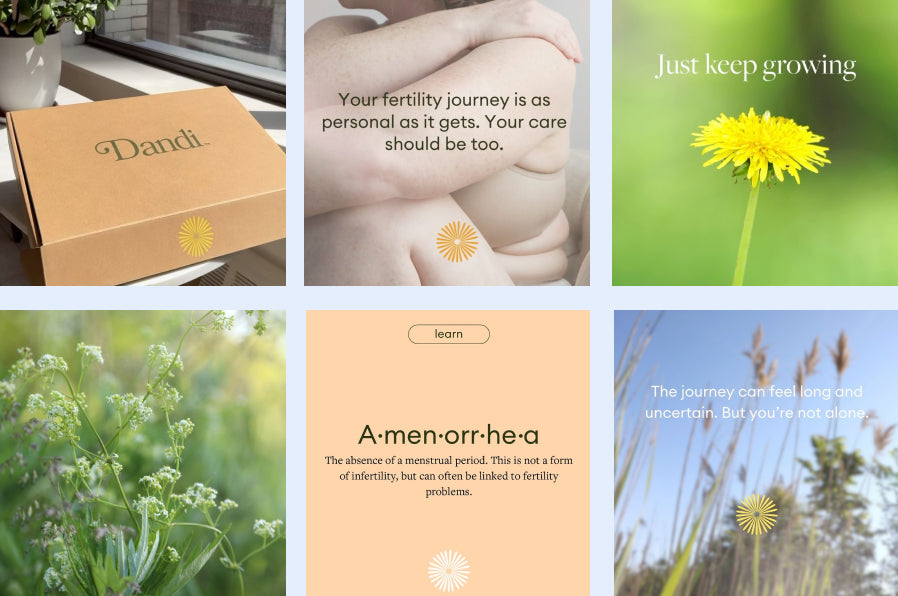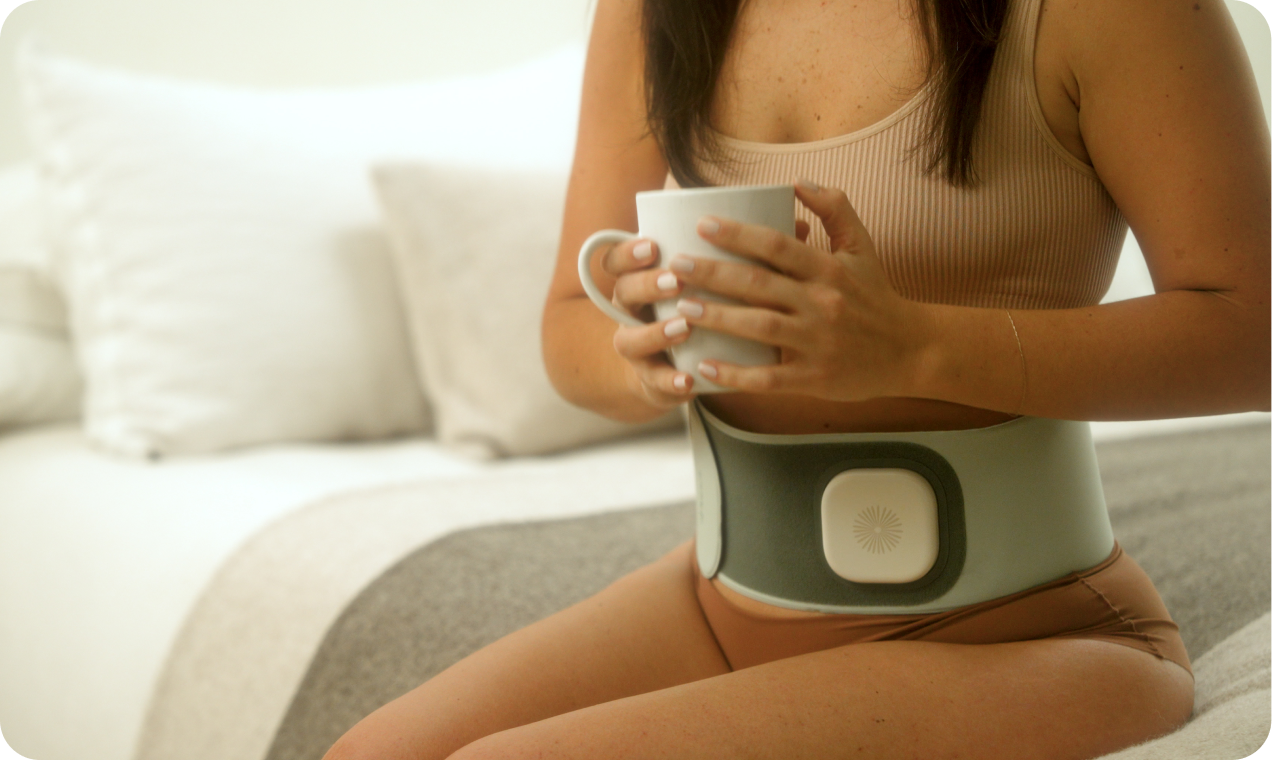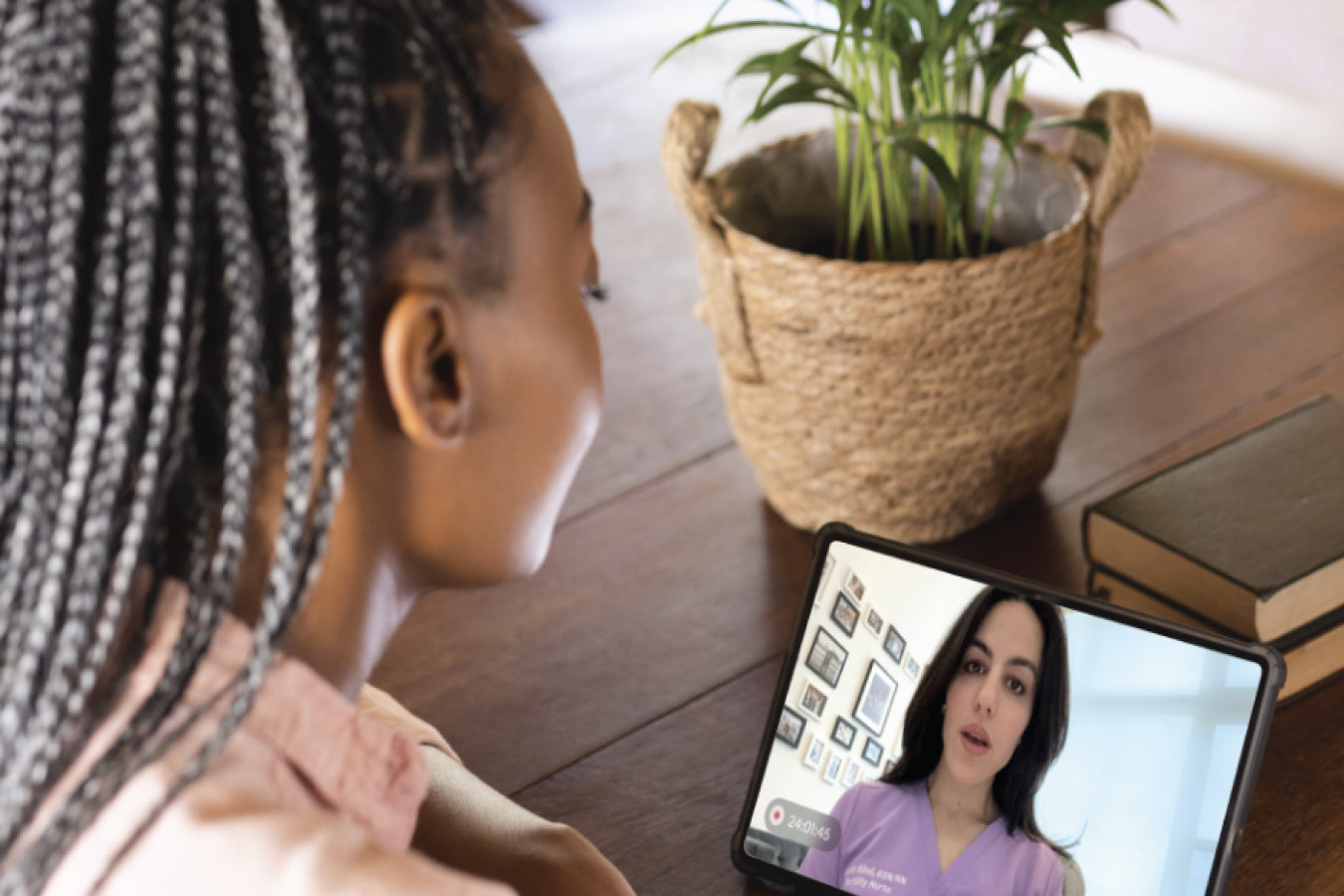Thinking about freezing your eggs? You’re not alone. For women who want to take control of their reproductive futures, egg freezing is an increasingly popular choice, offering flexibility without rushing big life decisions.
In this guide, fertility nurse Brandis Montez, who has personal experience freezing her own eggs, shares the ins and outs of the experience and kicks off our video series on the egg freezing process.
Read on to learn how it works, why people are choosing to preserve their fertility, and what to expect along the way.
Breaking the Myths Around Egg Freezing
One of the most common misconceptions about egg freezing is that it’s an intense, life-interrupting ordeal. Brandis clears up the hype: “The media sometimes makes it seem like it’s this big process that’s going to interrupt your life, or that you’ll experience terrible mood swings, weight gain, and discomfort.” But in her experience, egg freezing doesn’t have to disrupt your routine.
For Brandis, egg freezing was minimally disruptive.
She even carried her injections in her purse and did her injections in the bathroom while out with friends. “For me, it didn’t interrupt my life really at all,” she shares. As a fertility nurse, she may have had a leg up getting comfortable with the injection protocol. If needles make you nervous, you can fast track your confidence and comfort with 1:1 egg freezing injection support from a fertility nurse.
Another common misconception women worry about is whether egg freezing will put you into menopause sooner or affect your ability to get pregnant naturally. Brandis assures us that freezing your eggs doesn’t put you into menopause any sooner and doesn’t affect your ability to get pregnant.
How do we know egg freezing doesn't put you into menopause sooner?
As Brandis explains it, every menstrual cycle, your ovaries actually recruit multiple follicles to start growing, with each follicle containing an egg. By the time you reach ovulation, only one follicle has developed far enough where it will release an egg. The others that were growing during that cycle then stop growing and essentially die.
During an egg freezing cycle, you’re actually just capturing all of those follicles that normally grow during a regular cycle and freezing the extra eggs. So you’re not taking all of your eggs that you have during an egg freezing cycle, you’re just freezing the eggs that grew during that one cycle.
So egg freezing doesn’t “put you into menopause” or drastically alter your mood. In fact, Brandis describes her own process as “super empowering,” allowing her to plan her future on her terms without feeling rushed.
And while everyone’s experience is unique, Brandis emphasizes that side effects are often milder than expected.
Why Freeze Your Eggs?
So, why do people choose to freeze their eggs? The top reason, Brandis explains, is delayed childbearing. With many people choosing to have children later in life, egg freezing offers a way to preserve younger eggs for future use. Freezing your eggs essentially freezes your "biological clock,” allowing you to have eggs from your current age, regardless of when you decide to use them.
Egg freezing can also benefit people with genetic conditions in their family histories. For those who carry single-gene disorders like muscular dystrophy, cystic fibrosis, or the BRCA gene mutation, freezing eggs while younger can yield more and healthier eggs, with the option to screen out certain conditions later on.
When fertilizing frozen eggs, fertility specialists can conduct preimplantation genetic testing (PGT) to detect both chromosomal abnormalities and single-gene disorders, which offers an added layer of peace of mind for people with these family histories.
Is There a Perfect Age to Freeze Your Eggs?
This is one of the most common questions we get about egg freezing. Brandis says the best time for egg freezing is usually before the age of 37.
If you’re considering egg freezing, the earlier, the better, she advises, particularly for those with potential reproductive issues like PCOS. In her case, Brandis opted to freeze her eggs as soon as she could through her benefits at work. She froze her eggs at 28.
“I didn’t want to wait to see if my egg reserve dropped or if it became harder to retrieve eggs,” she explains.
The reason sooner is better is that age is inversely correlated with fertility. As you get older, the quality of your eggs typically declines, making it more difficult to get pregnant. So if you can freeze eggs and use them later, you’re using younger eggs that are more likely to be able to fertilize and lead to a healthy baby.
In short, the eggs you freeze will always be the age you were at the time of freezing, which is why starting earlier offers the best chance of success later.
What to Expect During the Egg Freezing Process
-
Preparing for the Egg Retrieval
The process begins with the first day of your period. This is called your Cycle Day 1. Typically, at this point your clinic will give you a treatment calendar which lists out what types of medications you’ll need to take and roughly for how many days. During this time, you’ll also be regularly scheduled for bloodwork and ultrasounds at the clinic so that your physician can monitor your progress and adjust accordingly.
The number of days you’ll inject yourself varies based on how your body responds to the hormones but you can expect to take medications for about 10 days
-
Injection Routine
You’ll be administering the fertility injections yourself—typically in the abdomen or thigh. For Brandis, this was surprisingly simple. She often carried her injections with her and could easily inject herself even when she was out with friends.
These daily hormone injections stimulate your ovaries to produce multiple eggs. While some worry about side effects, Brandis notes that experiences vary. “I didn’t experience the intense side effects some people mention. My estrogen levels got high, so I anticipated feeling worse, but besides a bit of bloating, I felt okay,” she recalls.
-
Retrieving the Eggs
After roughly two weeks of injections, it’s time for the egg retrieval. The retrieval takes place in an OR and it’s considered an outpatient procedure. You’ll be under light sedation while your physician collects the eggs. The recovery time is generally short; most women return to work the next day.
-
Freezing and Storage
Once retrieved, the eggs are frozen by an embryologist in the lab. Your clinic will call you the same day or the next day with the results of how many eggs you retrieved and how many were mature. Mature eggs are frozen for later use and stored for as long as you need.
If you’re considering freezing your eggs, Brandis encourages you to take the step sooner rather than later. “You’ll have the comfort of knowing you have options, which can really put you at ease with your current life stage,” she shares.
Ultimately, egg freezing is a personal decision that can offer both peace of mind and flexibility, allowing you to plan for the future without rushing.
Brandis’s experience made us realize that freezing your eggs doesn’t have to be daunting. By understanding the process and its possibilities, you can decide if it aligns with your reproductive goals and future plans.







